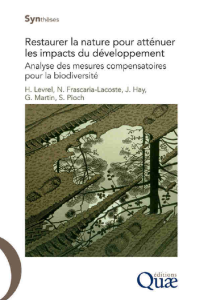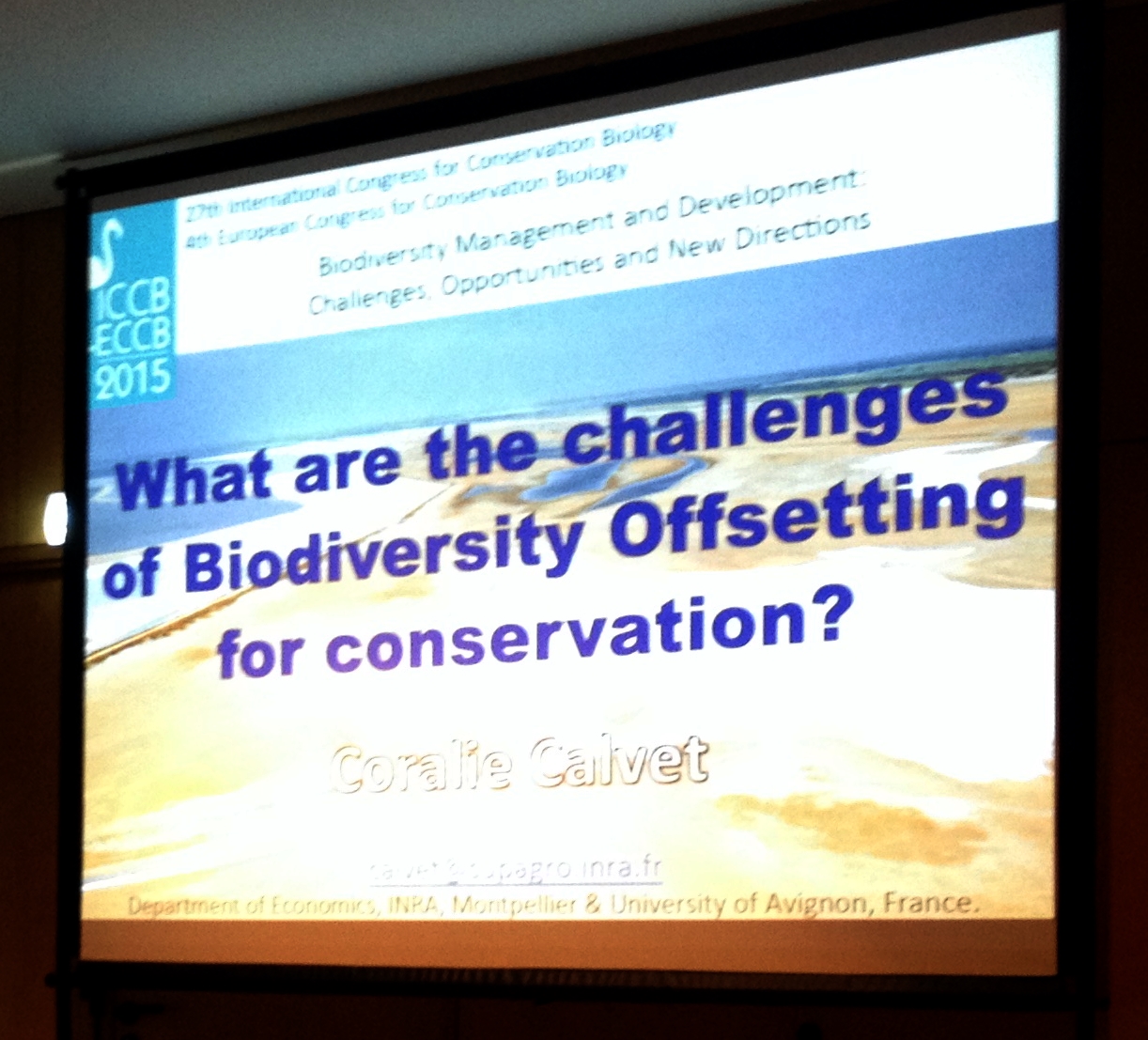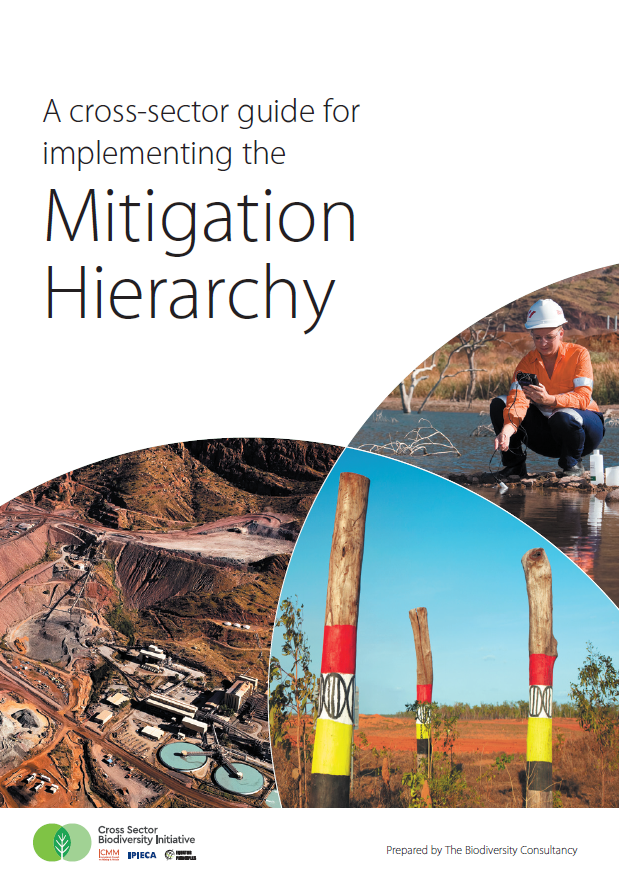 The past meeting of the advisory group of the Business and Biodiversity Offsets Program (BBOP12) which took place in Barcelona October 26–27, 2015 is one of the examples of events that I attended and that are great which I feel should get a little more attention here on the Biodiversity Offsets Blog, but sadly eventually happen to get none at all. So, I’ll break the habit at least for now.
The past meeting of the advisory group of the Business and Biodiversity Offsets Program (BBOP12) which took place in Barcelona October 26–27, 2015 is one of the examples of events that I attended and that are great which I feel should get a little more attention here on the Biodiversity Offsets Blog, but sadly eventually happen to get none at all. So, I’ll break the habit at least for now.
This year I found the atmosphere particularly productive — and friendly and family-like as always. The first day was split into a number of sessions covering the most topical aspects of biodiversity offsets. The sessions were organized as panel discussions which worked really well compared to rushing through a multitude of presentations. The big plus was also that preparation efforts were significantly reduced (no slides, as I am overwhelmed by work and sat on two panels that was just great!) and allowing for more openness to react and discuss.
The second day (which I couldn’t stay for) focused on the future of BBOP and which direction to take from here. Personally, I am of the opinion that BBOP has achieved a lot and set strong standards in the field of biodiversity offsets (that have greatly influenced the work of others – if you’re into biodiversity offsets it seems impossible not to have at least come across BBOP, right?). The Business and Biodiversity Offsets Program is now at a crossroads, but there is a multitude of promising options how to further develop. When I flew back home the second day of the conference I had this nice view on the Alps and had to think that I’d hope there’ll be open skies for BBOP…
I had prepared some extensive notes to share with you, but unfortunately they got lost (blame the ipad, the word app or just me…). Therefore, I want to share at least some impressions of this event with you (see below). Find also below the information from the BBOP website on the BBOP12 Advisory Group meeting. Continue reading






